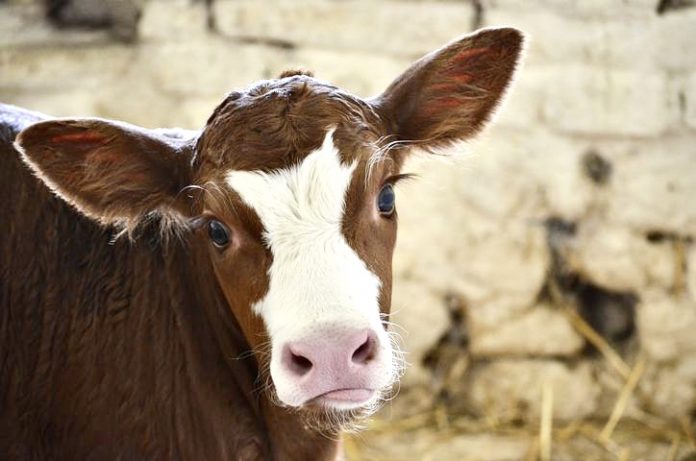Sadly, new research by World Animal Protection reveals that the United States continues to lag behind many other countries in its protections for farmed animals and wildlife, with the country receiving a D grade in an updated global ranking.
Animal Protection Index (API) finds that U.S. animal protection laws are inconsistent, inadequate, and at times, contradictory at the state level, where most animal welfare laws originate and lack transparency and accountability at the federal level.
“This index should be a wake-up call for our political leaders with the message that we are failing to protect the vast majority of animals in this country,” Alesia Soltanpanah, Executive Director of World Animal Protection, U.S., said in a statement.
World Animal Protection makes several recommendations for how authorities can strengthen protections for farmed animals and wildlife, such as removing exceptions for certain species, and increasing enforcement mechanisms. If animal welfare laws are not improved, there is potential for disease outbreaks and continued poor conditions for animals.
The global nonprofit with offices in 14 countries assessed the animal welfare policies and legislation of 50 countries and identified a worrying lack of adequate animal protection laws. The United States grade has not increased since the first edition of the Animal Protection Index in 2014.
The second edition of the Animal Protection Index (API) shows that based on the organization’s ratings scale, the U.S., again, receives a D for its approach to ensuring animal protections.
Among the major issues impacting this rating:
-
The federal government’s key legislations limit which animal species and groups are covered.
-
Most animal protection legislation is created at the state, not federal level, giving rise to inconsistencies in enforcement.
-
The number of exemptions or exceptions allowed in both federal and state legislation means that most animals and welfare-impacting practices are not covered.
-
Lack of transparency regarding animal welfare enforcement reports and audits mean there is little accountability for authorities.
Since the first report in 2014, the United States has enacted several pieces of legislation at state and federal levels that have been positive for animal welfare, yet none of these advancements have warranted an improvement in the U.S. grade:
-
California passed Proposition 12 in November 2018, considered one of the most progressive animal welfare laws in the world, which sets such specific space requirements for animals raised for food. It effectively bans cages for egg-laying hens, sow stalls, and calf crates.
-
California also passed the Circus Cruelty Prevention Act in May 2019, outlawing the use of wild animals in circuses.
-
In October 2019, California became the first state to ban the sale of fur. The new law will begin on January 1, 2023.
-
California and Maryland both passed legislation prohibiting pet stores from sourcing animals from commercial breeders.
-
Massachusetts passed two Protect Animal Welfare and Safety (PAWS) Acts: PAWS of 2014 established an animal welfare task force; and PAWS II aims to improve cross-reporting of animal cruelty to law enforcement agencies, prevent the automatic euthanasia of animals confiscated from the animal fighting industry, and modernize state prohibitions against animal sexual abuse.
-
Michigan passed legislation in November 2019 to mandate cage-free conditions for egg-laying hens and prohibit the sale of non-cage-free eggs by December 2024.
-
In November 2019, Congress unanimously passed the Preventing Animal Cruelty and Torture Act (PACT) making animal cruelty a felony in which President Donald Trump signed into law.
At the same time, the Trump Administration has made several decisions that have weakened protections for animals, including:
-
Granting permits to trophy hunters to kill endangered species and bring them back to the United States.
-
Lifting environmental protections on national parks and monuments which provide habitats for wildlife, and allowing mining and drilling in formerly protected lands.
-
Rolling back protections for species categorized as “threatened” and allowing economic factors to influence which species are classified as “endangered.”
-
Overturning a ban on the hunting of predators in Alaskan wildlife refuges, and proposing to overturn a ban on extreme sport-hunting practices such as baiting grizzly bears.
-
Allowing poultry processing facilities to have faster slaughter line speeds, which increases cruelty to chickens and risks to workers.
-
Rolling back environmental protection laws under the Clean Water Act which reduces environmental oversight of factory farms and threatens wildlife.



